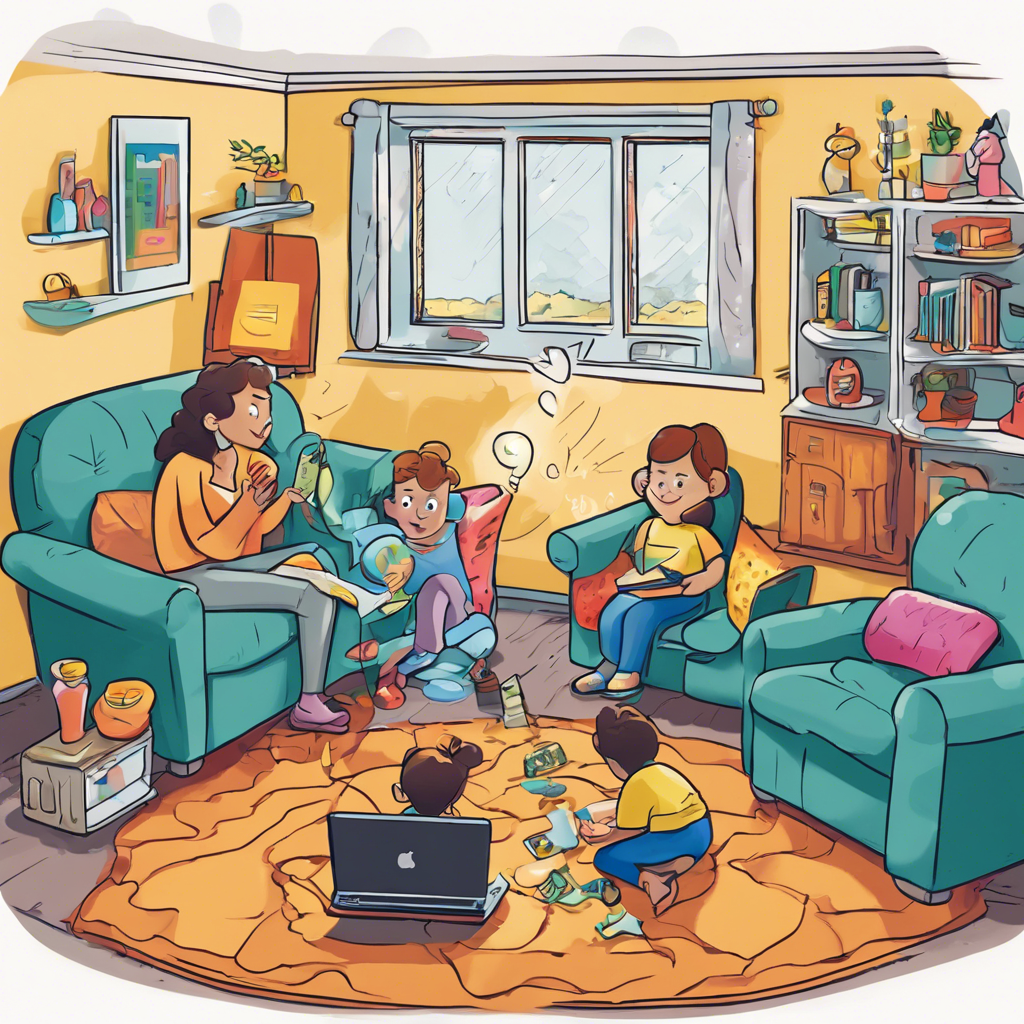How Do Societal Changes Influence The Evolving Themes Of Fear In Horror Genres Across Different Time Periods?
Gathering question image...
Introduction
The horror genre serves as a powerful mirror, reflecting societal fears and anxieties while evolving with cultural, technological, and social shifts. Historical trends in horror illustrate how fears transform, often revealing what society finds most terrifying at any moment in time.
Historical Context of Fear in Horror
The evolution of the horror genre showcases its ability to adapt to societal fears across various historical periods. Early folklore and classic literature centered on natural disasters, wars, and existential threats, highlighting humanity's battle against overwhelming forces. In contrast, modern horror films delve into psychological fears, such as isolation and identity crises, uncovering deep-seated anxieties related to technology and societal evolution.
- In the 19th century, horror often depicted supernatural forces, mirroring concerns about religion, scientific innovations, and the uncertainties of the unknown.
- During the mid-20th century, the fears of nuclear annihilation and societal degradation emerged, leading to apocalyptic narratives in films like 'Dr. Strangelove' and 'The Day After.'
- Today’s horror increasingly tackles psychological fears, emphasizing themes such as mental health struggles, social alienation, and the repercussions of technology on personal identity.
Key Influences on Evolving Themes of Fear
Crucial social movements and historical events have significantly shaped the narrative arcs and thematic depths within the horror genre. The feminist movement prompted a reexamination of gender roles and power dynamics in horror narratives. Additionally, social justice movements advocating for racial equality have spotlighted the fear of the 'other' and the realities of systemic oppression as critical elements within horror films.
- The feminist movement transformed the ‘final girl’ trope, emphasizing female strength and survival, notably in iconic films such as 'Halloween' and 'The Texas Chain Saw Massacre.'
- The civil rights movement spotlighted racial complexities, often utilizing horror to delve into the true horrors of racism, as illustrated by films like 'Get Out.'
- Technological innovations and the digital age have introduced narratives surrounding cyber fears and threats of surveillance, as evidenced in films like 'The Den' and 'Unfriended.'
Conclusion
As societal fears shift and evolve, the horror genre continually adapts, reshaping its narratives to resonate with contemporary anxieties. By examining these themes, we gain valuable insights into the human experience and the cultural contexts that birth these fears.
Expert Quote
Dr. Carol Clover, Professor Emerita of Film Studies at UC Berkeley
The horror genre functions as a profound emotional barometer for society. It uniquely adapts to reflect distinct cultural fears and anxieties across historical periods, from the supernatural terror present in early folklore to today's psychological nightmares.
Book 'Men, Women, and Chainsaws: Gender in the Modern Horror Film', 1992
Relevant Links
Exploring the evolution of the Horror Genre
https://review.gale.com/2023/02/02/the-evolution-of-the-horror-genre/Opinion Paper: “So what if ChatGPT wrote it?” Multidisciplinary ...
https://www.sciencedirect.com/science/article/pii/S0268401223000233horror trends that reflect the cultural times : r/horror
https://www.reddit.com/r/horror/comments/1adpftv/horror_trends_that_reflect_the_cultural_times/Religious Horror - Why We Are So Captivated By Them
https://markelayat.com/religious-horror/The Evolution of Horror Over the Decades | by Syed Zain | Fanfare
https://fanfare.pub/the-evolution-of-horror-over-the-decades-f4c2c5331f55Most popular questions

How Do The Personal Relationships Among Gods Affect Their Decisions In The Iliad?
The intricate relationships among the gods in Homer's epic poem 'The Iliad' play a crucial role in shaping their actions and decisions. These divine interactions create a complex web of fates, where each god's personal alliances and rivalries directly influence the events of the mortal world.

What Strategies Can Parents Use To Educate Their Children About Online Safety Beyond Privacy Settings?
In today's digital landscape, teaching children about online safety is essential for their protection and well-being. While privacy settings play a critical role, parents can implement various strategies to create a thorough understanding of online safety principles among their children.

What Are The Different Types Of Insulation Materials Commonly Used In Buildings, And How Do They Compare In Terms Of Thermal Resistance?
Insulation materials are vital for enhancing energy efficiency in residential and commercial buildings by minimizing heat transfer. Understanding the various insulation types can lead to better choices for thermal resistance and overall comfort.
Most recent questions

If You Could Only Choose One, Would You Rather Be Able To See Into Your Future Or The Ability To Read Minds?
The intriguing dilemma of choosing between the ability to see into your future or to read minds captivates many. Both supernatural abilities provide a unique perspective on knowledge that extends beyond our current awareness, yet each has its own distinct benefits and challenges that are worth considering.

What Psychological Factors Influence Player Preferences For Games Of Chance Over Games Of Skill?
Player preferences for games of chance compared to games of skill are shaped by various psychological factors. Analyzing these influences provides valuable insight into why individuals prefer certain types of games over others.

What Are The Fundamental Differences In The Fermentation Processes Of Beer And Spirits?
The fermentation processes for beer and spirits are captivating components of beverage production, each highlighting unique characteristics that define their respective flavors and methods. Understanding these critical differences allows connoisseurs and casual drinkers alike to appreciate the distinct tastes and tradition involved in crafting these popular alcoholic beverages.